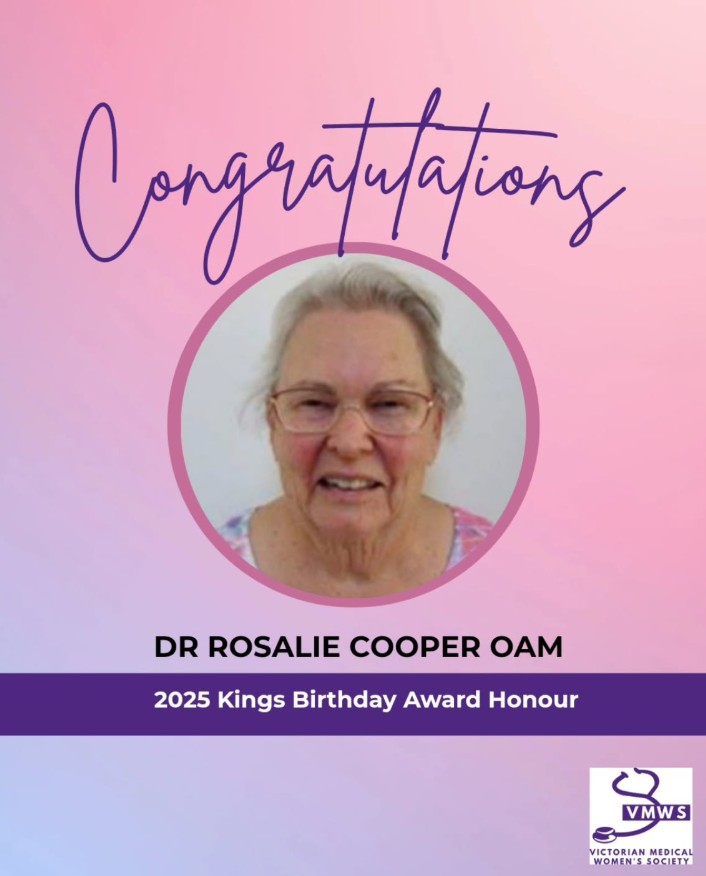The Family and Reproductive Rights Education Program (FARREP) was established in 1998 as a primary health response to increasing populations from countries that practice FGM settling in Australia. Annually, Australia accepts around 13,000 refugees under the Australian Government’s Humanitarian Program. In 2006-07, more than a quarter of this number settled in Victoria with over a third coming from Africa and over a quarter coming from the Middle East.
The performance of FGM and/or the removal of a child from Victoria to have such procedures performed are specifically prohibited in Victoria under the Crimes (Female Genital Mutilation) Act 1996. Moreover, ccertain professional groups are mandated to report concerns under the Children Youth and Families Act 2005 if they form a belief on reasonable grounds that a child is in need of protection from physical or sexual abuse, including FGM.
Aims of FARREP
FARREP aims to work with communities that practice FGM in order to:
• strengthen their knowledge about FGM and support changes to their attitudes about the practice to prevent its occurrence
• increase access to timely and appropriate sexual and reproductive health services by women and girls from communities that could practice FGM
• build the capacity and expertise of mainstream and specialist sexual and reproductive health services to deal with women and girls affected by or at risk of being affected by FGM.
When to make a report to Child Protection about a child in need of protection
A report to Child Protection should be made in any of the following circumstances:
• Physical abuse of, or non-accidental or unexplained injury to, a child (mandatory reporters must report).
• A disclosure of sexual abuse by a child or witness, or a combination of factors suggesting the likelihood of sexual abuse – the child exhibiting concerning behaviours, for example after the child’s mother takes on a new partner or where a known or suspected perpetrator has had unsupervised contact with the child (mandatory reporters must report).
• Emotional abuse and ill treatment of a child impacting on the child’s stability and healthy development.
• Persistent neglect, poor care or lack of appropriate supervision, where there is a likelihood of significant harm to the child, or the child’s stability and development.
• Persistent family violence or parental substance misuse.
• Parents with a psychiatric illness or intellectual disability which is not effectively managed and/or supported and there is a likelihood of significant harm to the child or the child’s stability and development.
• Where a child’s actions or behaviour may place them at risk of significant harm and the parents are unwilling or unable to protect the child.
• Where a child appears to have been abandoned, or where the child’s parents are dead or incapacitated, and no other person is caring properly for the child.
A report to Child Protection should be considered if the concerns currently have a serious impact on the child’s immediate safety, stability or development, or the concerns are persistent and entrenched and likely to have a serious impact on the child’s development.
If you are unsure about whether a Child Protection response is appropriate, you should contact Child Protection for further advice.
Mandatory reporting responsibilities
Any person can make a report to Child Protection. However certain professional groups are mandated to report concerns under the Children, Youth and Families Act 2005 if they form a belief on reasonable grounds that a child is in need of protection from physical or sexual abuse.
Mandated professionals are:
• Doctors
• Nurses
• Teachers
• School principals
• Police.
Section 184 of the Children, Youth and Families Act spells out this responsibility:
Section 184 Mandatory reporting
A mandatory reporter who, in the course of practising his or her profession or carrying out the duties of his or her office, position or employment, forms the belief on reasonable grounds that a child is in need of protection as a result of physical injury or sexual abuse (s. 162(c) or (d)) must report to the Secretary that relief and the reasonable grounds for it as soon as practicable:
a) after forming the belief; and
b) after each occasion on which he or she becomes aware of any further reasonable grounds for the belief
It is an offence for a mandated professional not to make a report if there were reasonable grounds for forming a belief that a child is in need of protection as a result of physical injury or sexual abuse.
Reasonable grounds
Grounds for a belief are matters of which a person has become aware and any opinions based on those matters. There may be reasonable grounds when:
• a child states that they have been physically or sexually abused
• a child states that they know someone who has been physically or sexually abused
(sometimes the child may be talking about themselves)
• a relative, friend, acquaintance or sibling of the child states that the child has been physically or sexually abused
• professional observations of the child’s behaviour or development lead the mandated professional to form a belief that the child has been abused
• signs of physical or sexual abuse lead to a belief the child has been abused.
Other considerations and protection for reporters
This mandated responsibility arises if in the course of practicing their profession, mandatory reporters form a belief on reasonable grounds that a child is in need of protection from physical or sexual abuse. Mandated professionals are not legally obliged to report suspicions of abuse encountered in their private life or when working in a capacity not directly related to their profession. However, in such situations mandated professionals may have a moral or ethical obligation to report concerns if there are reasonable grounds to believe that a child is at risk of
harm.
Other considerations include:
• You must make a report without delay.
• You are required to make a report each time you become aware of any further grounds for your belief.
• You do not have to prove that the abuse has occurred. You only need reasonable grounds for your belief.
• It is your responsibility to report your belief; it is not the responsibility of your supervisor, principal, senior or manager. If you are one of a group of mandated professionals who share the belief, based on reasonable grounds, then only one mandated professional needs to make the report. However, you must be satisfied that the report was made promptly and that all of the reasonable grounds were included in the report.
• If a mandated professional (supervisor, principal, manager) directs another mandated professional not to make a report, and that professional continues to hold the belief that a child is in need of protection, then that person is legally required to make a report to Child Protection.
• Mandatory reporting requirements take precedence over professional codes of practice where confidentiality or client privilege is claimed. You do not need permission from parents or caregivers to make a report, nor do they need to be informed that a report is being made.
• If you make a report in good faith, you cannot be held legally liable, regardless of the outcome of the report.
This web article is an excerpt from the Interim guidelines for the Family and Reproductive Rights Education Program, Department of Human Services, 2009. To download the entire Interim guidelines from DHS website please click here.
To obtain more information on the Family & Reproductive Rights Education Program (FARREP) visit http://www.health.vic.gov.au/vwhp/farrep.htm.







